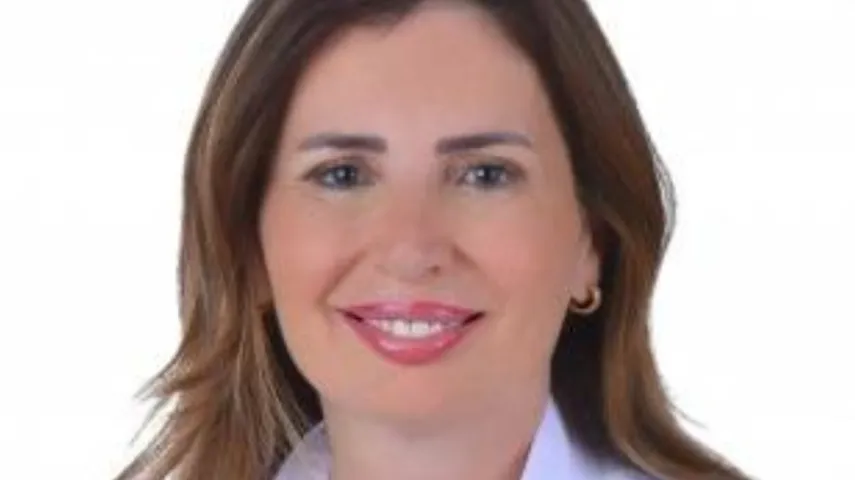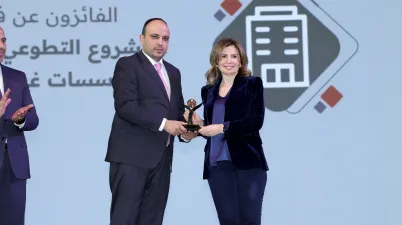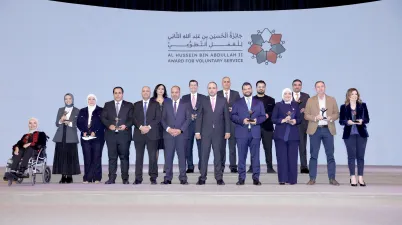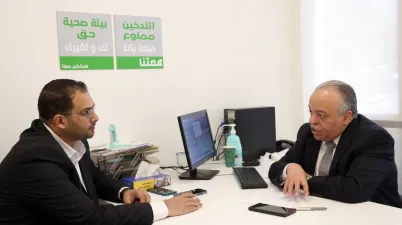
Dr. Fadia Samara, Secretary-General of the Health Coalition for Patient Protection and Head of the “Himmatna” Initiative, stressed that modernizing the infrastructure of primary health care centers is a priority to improve services and increase access to them.
She stated in a statement to Al Rai that by renewing and improving the infrastructure, the effectiveness of services can be enhanced, the patient experience can be improved, and care can be provided in a more comprehensive and effective manner.
Samara considered that updating and rehabilitating the infrastructure of health centers will inevitably contribute to their readiness, and enable the medical staff to improve the quality of services for their visitors, as the dilapidated state
of the centers constitutes a major obstacle to improving services and providing the necessary environment for treatment.
She noted that health centers in some areas, especially the peripheral ones, suffer from dilapidated infrastructure and the lack of necessary medical equipment, while the demand for health care services there is noticeably increasing, and patients are forced to go to hospitals to obtain the medical care they need, which causes increased pressure and a shortage of beds in hospitals, and prevents their needs
from being met due to the increasing pressure on services.
She added that this enormous pressure on hospitals leads to many patients with emergency and critical cases being deprived of receiving the necessary care in a timely manner.
Regarding the success of any health system, Samara considered that this depends on the strength of primary health care, as health centers play a vital role in providing basic health care, prevention, and strengthening community health, in addition to their role in providing the necessary treatment services to patients and citizens, close to their places of residence, which reduces the financial and logistical burdens of securing their health needs.
Regarding the repercussions of working on developing health centers and improving the service therein, she pointed out that this will meet the needs of patients and reduce the medical bill for the Ministry of Health, because the cost of services in primary health centers is much less than in hospitals. It will also achieve medical security, reduce the gap between the public and private sectors in health care
services, and achieve justice in receiving health services, which is a basic right for all
As for the experience of “Himmatna” in this regard, Samara indicated that it is a unique and distinguished experience in this field, through the project to rehabilitate and develop the
Princess Basma Comprehensive Health Center in the Muhajirin area in Amman, where work was done during the implementation of the project to train and qualify the cadres, and complete coordination with the Ministry of Health to
provide the necessary cadres to cover the needs of the center’s visitors.
The new specialty clinics were also operated according to Samara, which were added by Himmatna in coordination with the Ministry, followed by the continuous follow-up after the project was completed by the Ministry, which monitored the progress of work in the center, in an effective and distinguished partnership with Himmatna, which led to the excellence of services, their quality and sustainability in the Princess Basma Comprehensive Center, where the experience proved its success.
She pointed out that the center now accommodates larger numbers of patients, and provides superior and distinguished services in emergency and first aid, motherhood and childhood, dentistry and family medicine, as the center’s management receives many comments expressing patients’ satisfaction with the level of services and their gratitude for the care provided by the center.
Samara stressed that “Himmatna” seeks to establish a model for purposeful humanitarian volunteer work, through its work on developing and modernizing the infrastructure and facilities, and working on improving and sustaining health services. It is distinguished by the speed and quality of implementing its projects, and carries out demolition operations and re-inventing systems anew, according to the highest and most recent international standards, not to mention the sustainability of services and follow-up of projects after completion.


